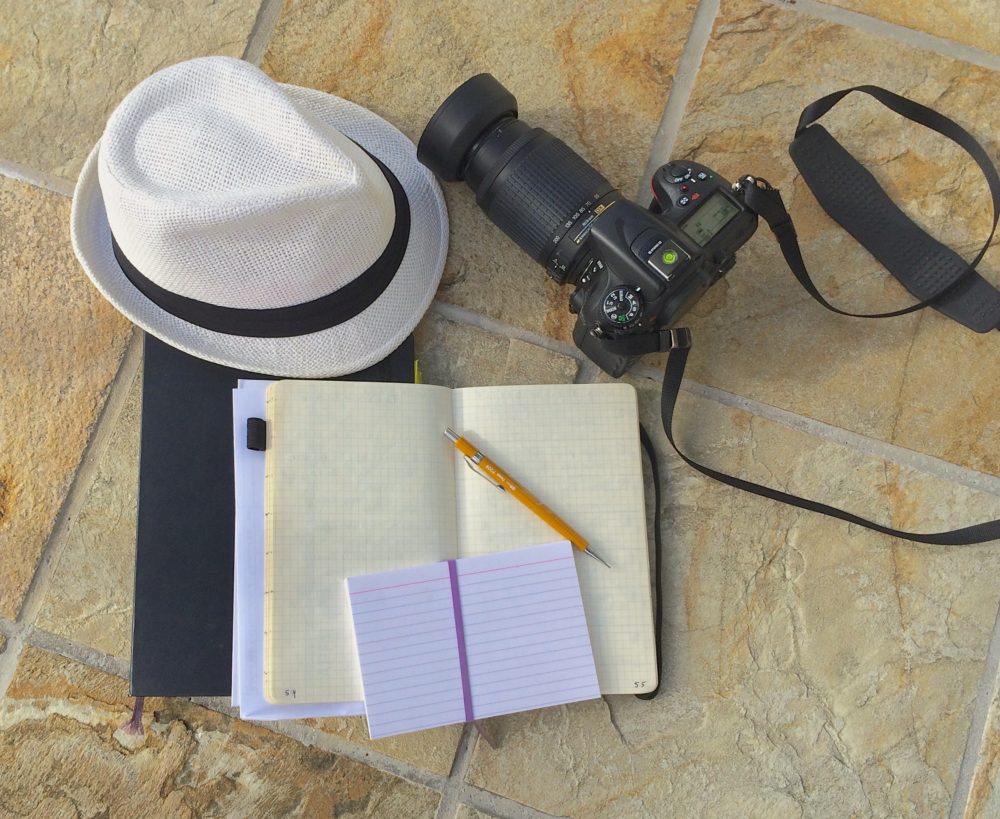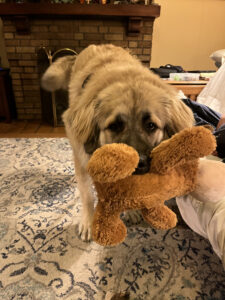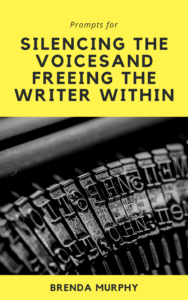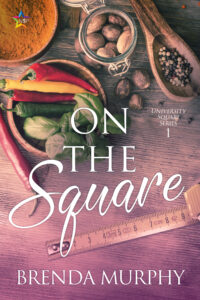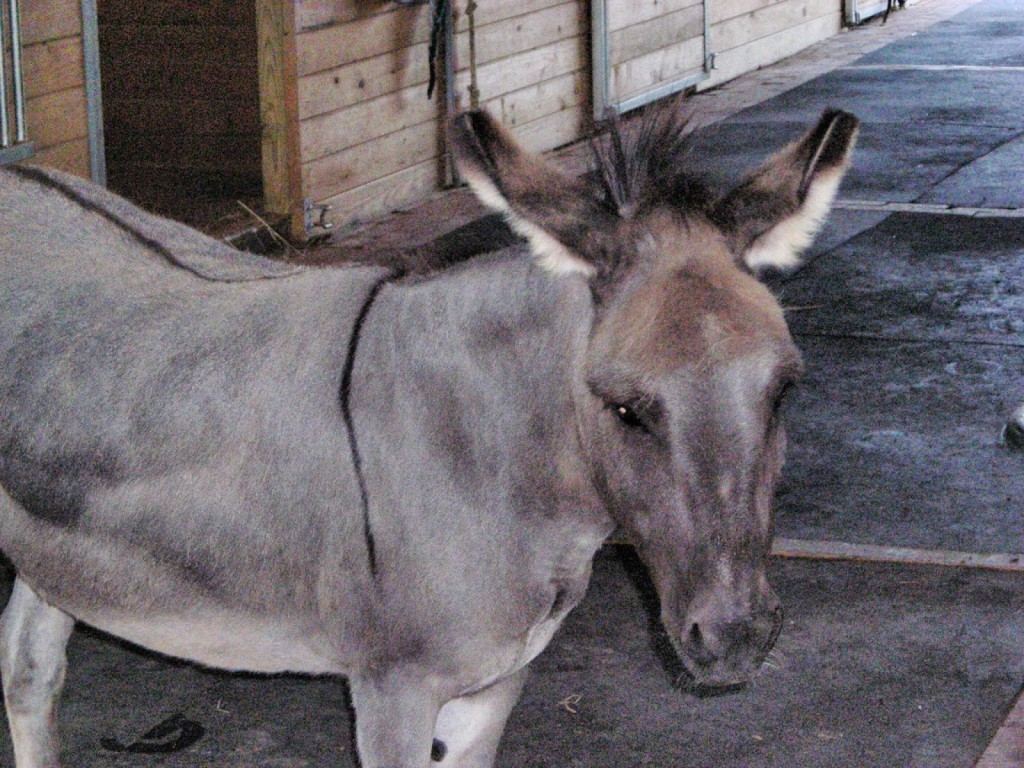I missed posting last month because July totally got away with me got away from me. Between attending the Golden Crown Literary Society conference, traveling a dear friend’s combination birthday and anniversary party, and visiting my mom, my writing time was limited. I used what time was available to work on my next novel.
Back in June, I promised an article on Imposter Syndrome, a condition that according to some statics affects 70% of the population at one time or another. Imposter Syndrome is that feeling/worry/anxiety that you don’t deserve/belong/ folks will find out you’re a fraud. Imposter Syndrome is insidious and can happen at any time. It can occur in your personal life, your professional life, and your creative life. This post offers five ways to deal with Imposter Syndrome in your creative life. Imposter Syndrome can occur with or without a triggering event.
Has this happened to you? You’re working on your manuscript, are excited to sit down to write, and you open the document. As soon the blank screen pops up, the ugly voice of Imposter Syndrome whispers that you should just quit now. It tells you that you don’t know enough to be. a writer. Your work is banal, boring, stupid worthless. No one cares what you have to say. These phrases or some version of them swirl around in your mind, throttling your creativity. When Imposter Syndrome grabs you it pokes you in your most sensitive places.
Imposter syndrome will do its best to convince you that you are a terrible writer. It will insist you have no business writing. It will whisper in your ear that you have nothing to say, you’re a fraud, you’re not real. It thrives on shame, and fear. Imposter Syndrome, if left unchecked will convince you that you are not in any way, shape, or form a writer, and you should just save yourself the embarrassment and just quit.
Imposter Syndrome can be devasting to your creative career. It is the root cause of many cases of writer’s block. What can you do to stop that terrible nasty little voice? Here are five things you can you do when feel uncertain, like you don’t belong, or that you shouldn’t have a seat at the table, that you’re in the wrong place, or that someone else is going to find out that you’re a fraud.
Five Ways to Fight Imposter Syndrome.
- Remember who you are. Make a list of things you have accomplished, don’t leave anything out. All those little and big things count, add to the list all the things you can do. Can you swim? Ride a bike? Cook a decent meal? Hang a picture? Are you a wiz at spreadsheets? No matter how routine, acknowledging your abilities can remind you that you are capable and deserving of all the things.
- Talk about it. Shame and guilt are big components of Imposter Syndrome. Imposter Syndrome lies to us about our worth. It tells us we are taking up space we don’t deserve, that we shouldn’t be where we are and that we are frauds. These are lies. The best way to get past these lies is to talk to people about how you are feeling. A wise therapist once said to me. “Feelings are real but they may not be based on truth or reality.” Take time to examine your feelings and the facts of the situation. Talk with a trusted friend or counselor about Imposter Syndrome.
- Don’t beat yourself up. Mistakes happen. Failure is part of learning and growth. If you experience a manuscript rejection, take some time to acknowledge your effort and bravery in submitting your work. Did the editor give you some feedback? Use that to rework your manuscript. Ask a trusted friend for if they would beta read for you. Don’t listen to the voice that says quit. Most folks who are traditionally published experience many rejections before their work is accepted.
- Celebrate yourself. Anything can be a win. Did you finish your draft? Complete a word count goal? Hit a consecutive day writing streak? Celebrate that! Use that energy to chase away the negative vibes Imposter Syndrome uses to hold you back.
- Talk the talk. Use your inner dialogue to build yourself up. When the gnarly Imposter Syndrome voice starts in, have a set response to its false statements. Flip the script on that jackass.
For Example:
Imposter Syndrome says: “You’re not a writer.”
You: “I write therefore I am a writer.”
Imposter Syndrome says, “No one will ever like what you write.”
You: “I like what I write, and out of all the folks in the universe, someone else besides me will like it too.”
You get the idea. Write down all the negative things that crowd out your positive thoughts and use that to create your own script. I won’t share my personal script because my language gets a little salty when I am chasing Imposter Syndrome out of my head.
I hope that these things will help you to kick Imposter Syndrome to the curb. Try them the next time Imposter Syndrome shows up. Remember, changing our feelings and beliefs about ourselves is hard, but not impossible. Use whatever tools you can to strengthen your belief in yourself. You are a writer. If you needed to hear that from someone other than yourself, here it is: You are a writer, and the world needs for your words.
until next time,
Brenda
